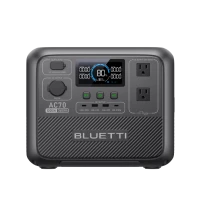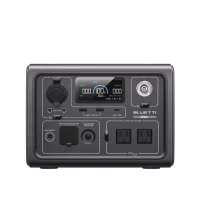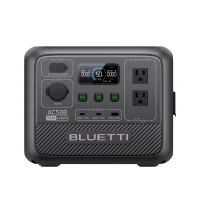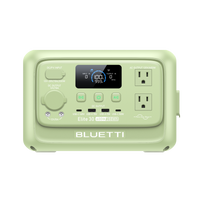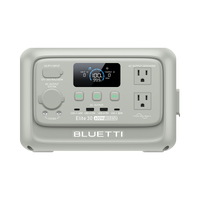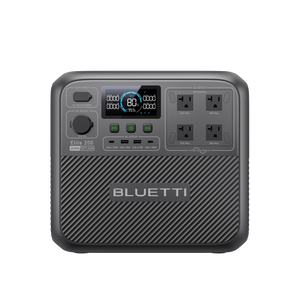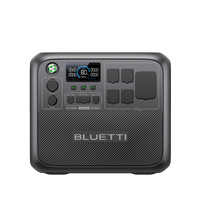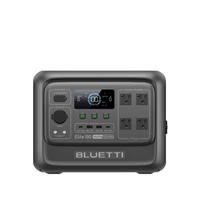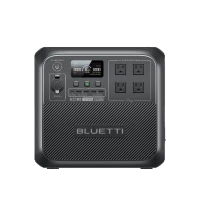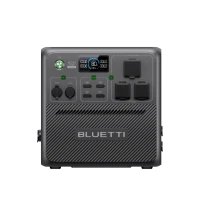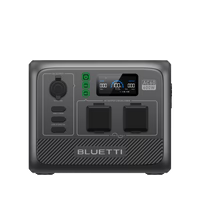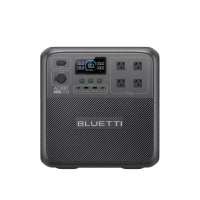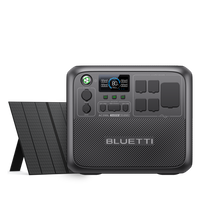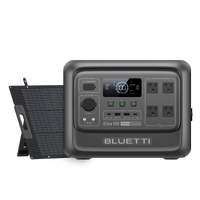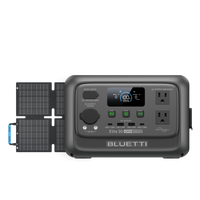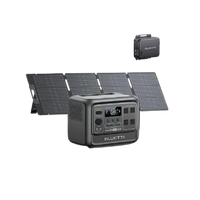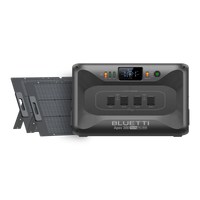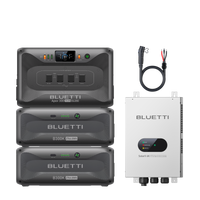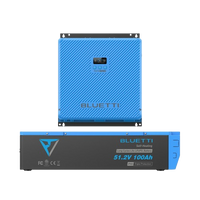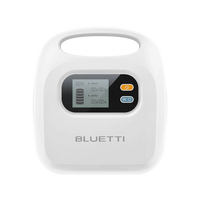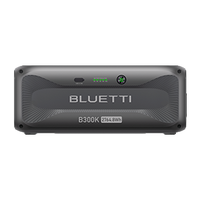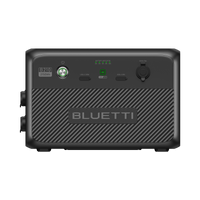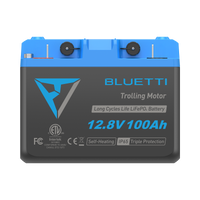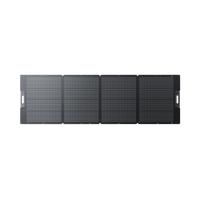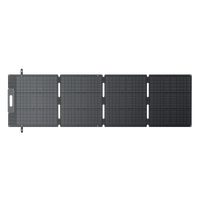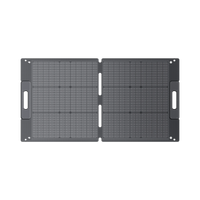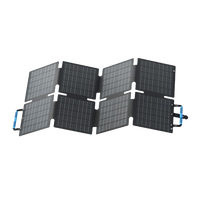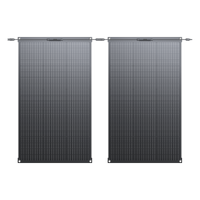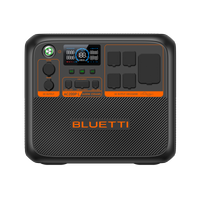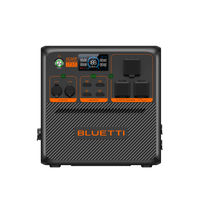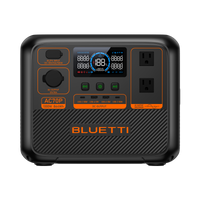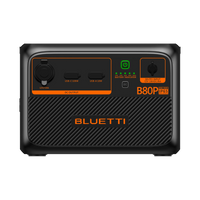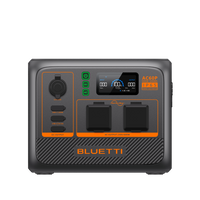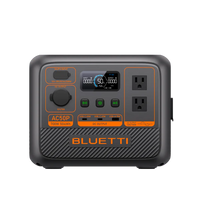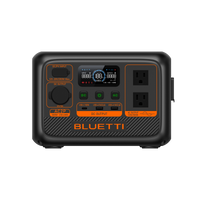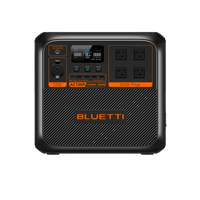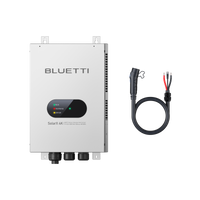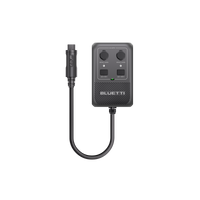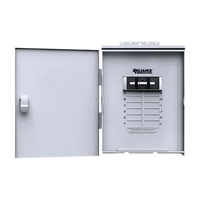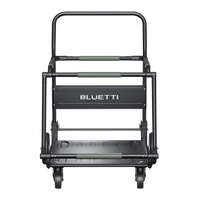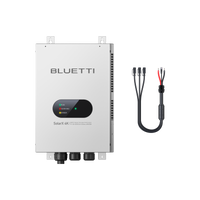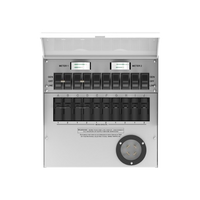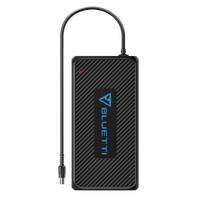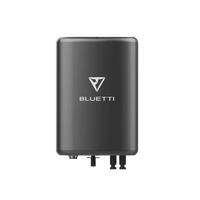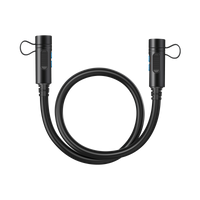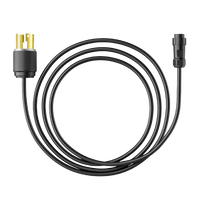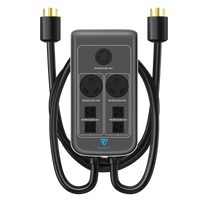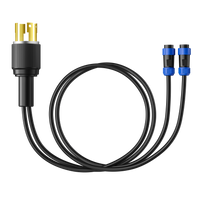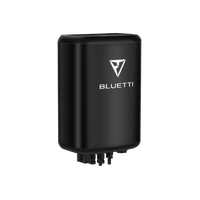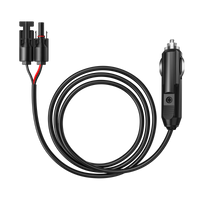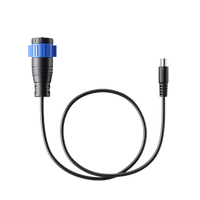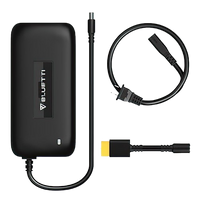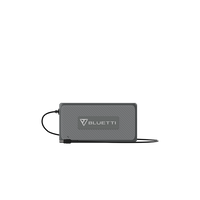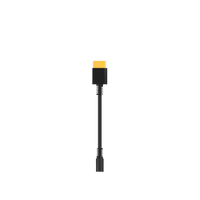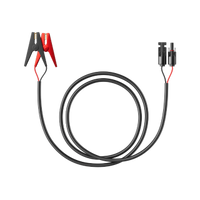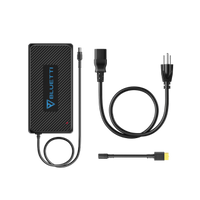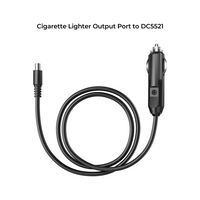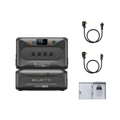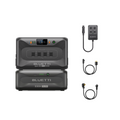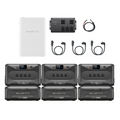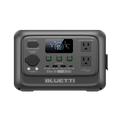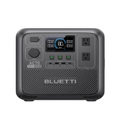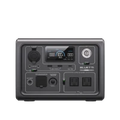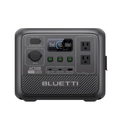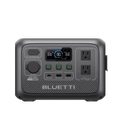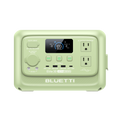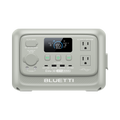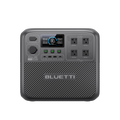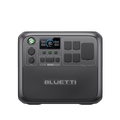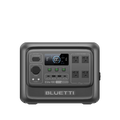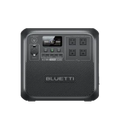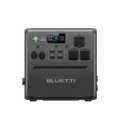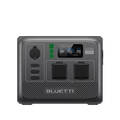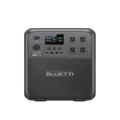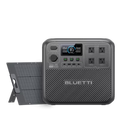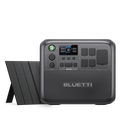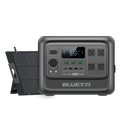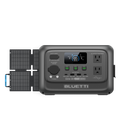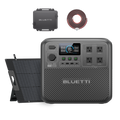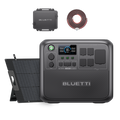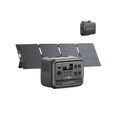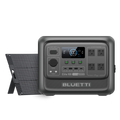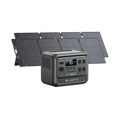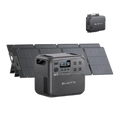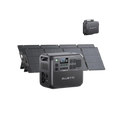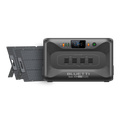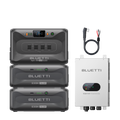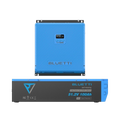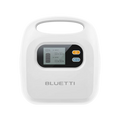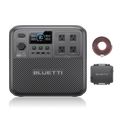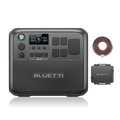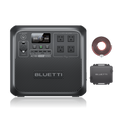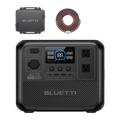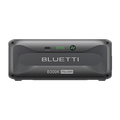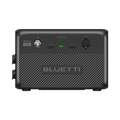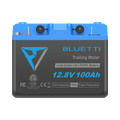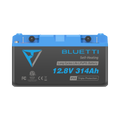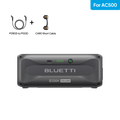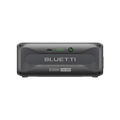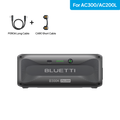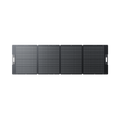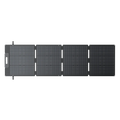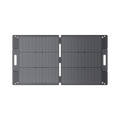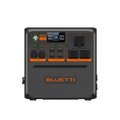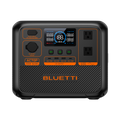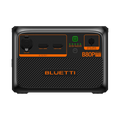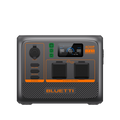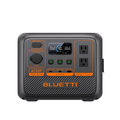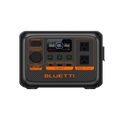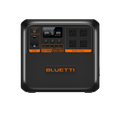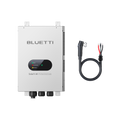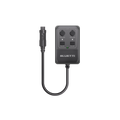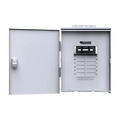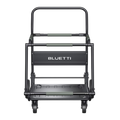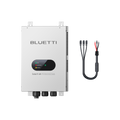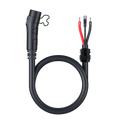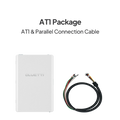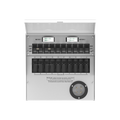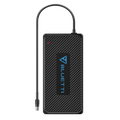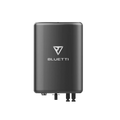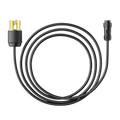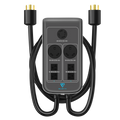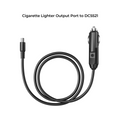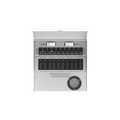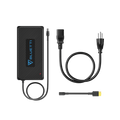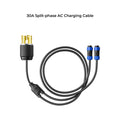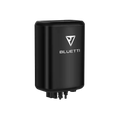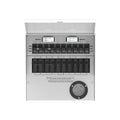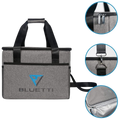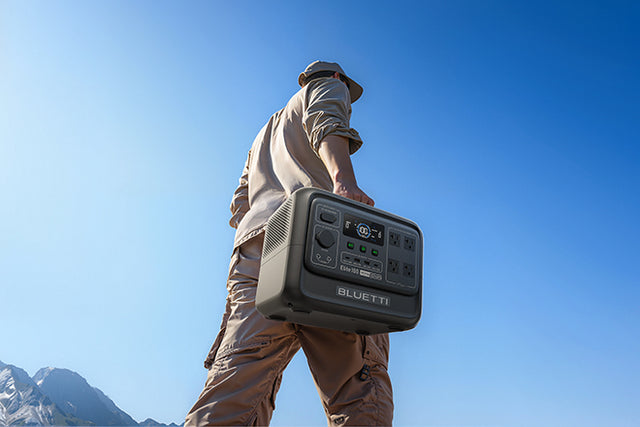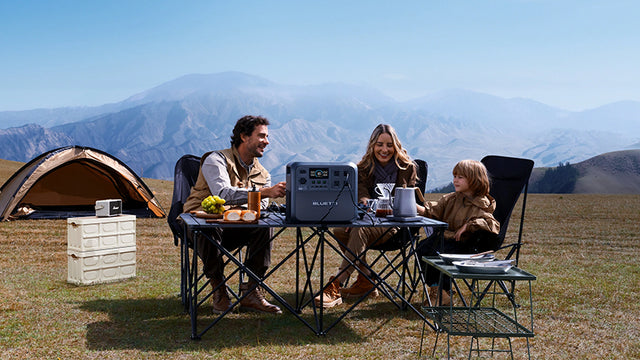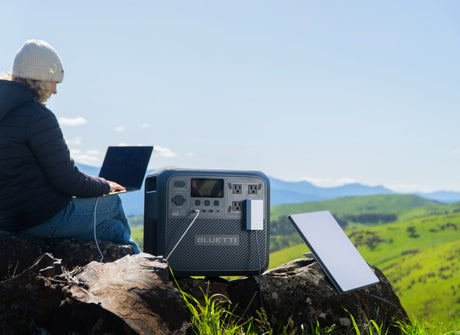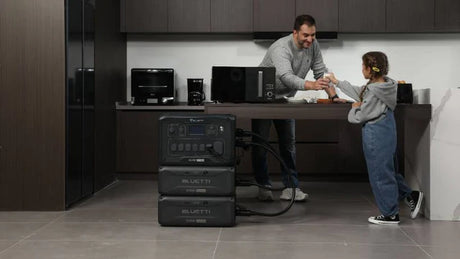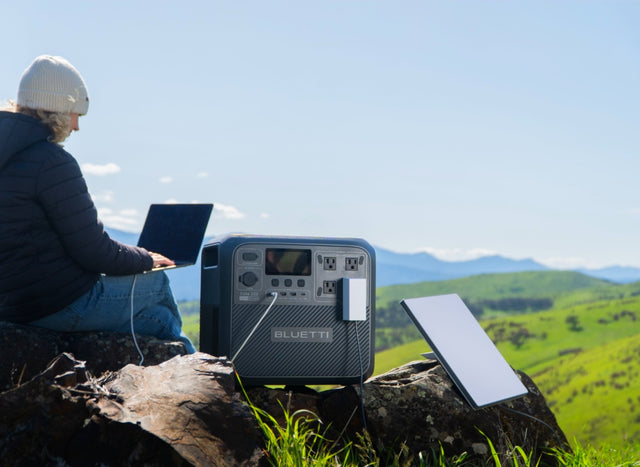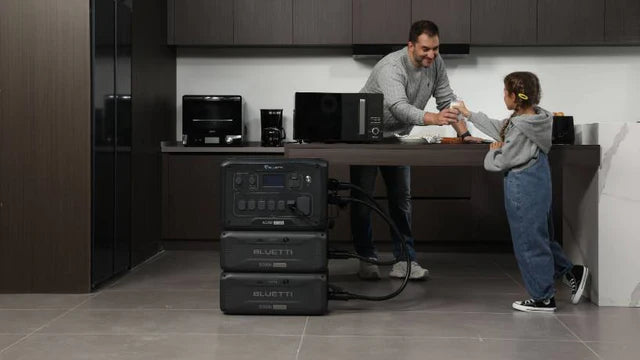Solar power has gained significant traction among Canadian homeowners, prioritizing sustainable and dependable energy solutions. The solar battery backup system is integral to a comprehensive solar energy setup. This innovation empowers homeowners to accumulate surplus energy generated by their solar panels, facilitating energy autonomy and guaranteeing uninterrupted power supply, even in the face of outages. In this guide, we'll explore the best solar battery backup systems for homes in Canada in 2024, helping you make an informed choice for your energy needs.
What Is the Solar Battery?
A solar or residential energy storage battery is a mechanism for retaining surplus electricity solar panels produce. This electrical energy is preserved in chemical formats, predominantly lithium-ion or lithium iron phosphate, to be tapped into when solar radiation is unavailable. Solar batteries are available in diverse dimensions and capabilities, and your selection should align with your specific energy requirements and personal inclinations.
Battery Capacity and Size
Battery capacity, usually denoted in kilowatt-hours, represents a battery's overall energy storage capability. It's crucial to acknowledge that the practical capacity of a battery may not align with its full capacity. Typically, the usable capacity of a battery is restricted to around eighty percent to ninety percent of its total capacity. This limitation is in place to extend the battery's operational life and prevent potential issues at extremely low charge levels. To illustrate, a lithium battery boasting a total capacity of 10kWh might have its usable capacity capped at eighty percent, facilitating a daily discharge of 8kWh. Nonetheless, depending on the system's configuration, the remaining ten percent to twenty percent can often be accessible in critical situations, such as extended power outages.
Determining the appropriate battery size is a fundamental factor to contemplate when selecting a solar battery. It involves determining the right battery size to meet your energy needs. A 'too' diminutive battery might not deliver ample power, whereas an excessively large one might not acquire an adequate charge, especially during winter. To circumvent these predicaments, it is crucial to opt for a battery and determine its dimensions based on multiple considerations:
- Solar Array Magnitude: Whether you possess an existing solar array or contemplate installing a new one, the magnitude of your solar system influences the quantity of energy accessible for storage.
- System Classification: Make the determination of whether your solar system is on-grid (interconnected with the utility grid), off-grid (independent), or a hybrid system (merging both on-grid and off-grid functionalities).
- Backup Power Requirements: Consider how much backup power you need during outages or low solar generation.
- Evening or Overnight Energy Consumption: Understand your energy consumption during the evening or overnight hours, which will determine the battery size needed to meet these needs.
Modern battery systems are often modular and scalable, allowing for flexibility in sizing to match your specific requirements.
Best Solar Battery Backup System for Homes in Canada
Integrating a dependable solar battery backup system is paramount in fully optimizing your solar venture and guaranteeing an uninterrupted power provision. In this part, we'll explore the best solar battery backup systems for homes in Canada in 2024.
1. AC500 + B300S Home Battery Backup

The AC500 + B300S home battery backup system is a standout choice for Canadian homeowners seeking a dependable and efficient solution. Comprising the AC500 with a substantial capacity expanding from 3,072Wh to 18,432Wh, and the B300S, this combination provides ample energy storage for an average Canadian household. Below is why it stands out as a top choice:
- Impressive Capacity: Boasting a storage capacity expanding from 3,072Wh to 18,432Wh, this backup guarantees an ample energy reserve to sustain your household during nighttime or unforeseen power interruptions.
- Effortless Integration: Thoughtfully engineered for effortless integration with your solar panel setup, this battery backup system enables you to efficiently store surplus energy generated throughout the day, ensuring a continuous power supply even without sunlight.
- Reliability: Canadian weather can be unpredictable, but this system can handle everything. It's designed to provide consistent backup power even during extended cloudy periods.
- Ease of Use: Installation is straightforward, and its user-friendly interface makes monitoring and managing your energy usage a breeze.

BLUETTI AC500+ 2*B300K Home Battery Backup
Solar compatibility provides eco-friendly recharging while camping off-grid.
2. BLUETTI AC300 + 1*B300 Home Battery Backup

For smaller to medium-sized homes in Canada, the BLUETTI AC300 paired with one B300 battery is an excellent choice. Below is why it ranks as one of the top solar battery backup devices for 2024:
- Equitable Capacity: Boasting an overall storage capacity expanding from 3,072Wh to 12,288Wh, this system proves optimal for households with moderate energy requirements. It has the capability to operate crucial appliances and devices when power failures occur.
- Streamlined Structure: Its small footprint and straightforward setup render it a pragmatic option for home solar configurations, including residences with constrained space.
- Economical: It presents an effective backup resolution without necessitating superfluous capacity, resulting in a wallet-friendly selection.
- Seamless Integration: Like the AC500, the AC300 + B300 integrates seamlessly with your solar panels, ensuring you get the most out of your clean energy production.
3. BLUETTI AC200MAX + 2*B230 Home Battery Backup

If you have a larger home or higher energy consumption, the BLUETTI AC200MAX paired with two B230 batteries is a powerhouse solution. Here's why it's one of the top solar battery backup systems for 2024:
- High Capacity: With a total capacity of 6,144Wh (for 2XB230 or 8,192Wh for 2XB300), this system is designed for homes with greater energy needs or those who want extended backup power.
- Versatile: It can handle the demands of modern households, from running appliances to charging electric vehicles, ensuring your home remains powered.
- Resilience in Challenging Environments: The frigid Canadian winters pose no challenge for this setup, as it endures the cold and furnishes dependable backup power amid winter storms.
- Savings Over the Long Run: Despite its higher initial capacity, it can result in enduring savings by guaranteeing you possess the requisite energy without grid dependency.
In sum, choosing the finest solar battery backup system for your Canadian residence in 2024 hinges on your energy requirements and financial plan. These BLUETTI systems offer reliability, ease of integration with solar panels, and various capacities to suit different households. Allocating resources to a solar battery backup system will elevate your self-sufficiency in energy and bolster Canada's journey toward a more ecologically responsible and sustainable future.
How Much Does a Solar Battery Cost in Canada?
Solar battery expenses in Canada exhibit a broad spectrum of variability contingent on numerous elements, encompassing the battery's size, manufacturer, attributes, and the presence of an integrated inverter. The price range for solar batteries can encompass 500 USD to 2,000 USD for each kilowatt-hour of capacity, with larger systems frequently delivering heightened cost efficiency. Procuring estimates from numerous providers and contemplating the extended-term reductions in energy expenditures and feasible incentives becomes paramount when assessing the economic viability of a solar battery.
How Does a Solar Battery Work?

Solar accumulators retain surplus energy engendered by solar panels throughout daylight hours to be harnessed subsequently. During periods of sunlight and heightened solar panel electricity generation surpassing your household's consumption, the additional power is directed toward the battery, replenishing its charge. At night or when energy demand exceeds solar production, the battery discharges stored energy to power your home. This process ensures a continuous and reliable power supply.
Pros and Cons of Solar Battery
Pros
- Energy Independence: Solar batteries allow you to store excess solar energy, reducing your reliance on the grid and providing energy independence.
- Power Continuity: Solar batteries provide backup power during grid outages, ensuring your essential appliances continue to function.
- Financial Savings on Energy: Through the storage and utilization of solar-produced electricity, substantial reductions in your energy expenditures can be achieved in the long run.
- Eco-Friendly Advantages: Solar accumulators champion a more environmentally conscious world by advocating the utilization of uncontaminated, sustainable energy origins.
Cons
- Initial Cost: Solar batteries can be expensive to purchase and install, but prices gradually decrease.
- Limited Capacity: Even the most extensive solar batteries have limited storage capacity, so they may not sustain all your energy needs during prolonged outages.
- Maintenance: Solar batteries require regular maintenance to ensure optimal performance and longevity.
How to Choose the Best Solar Battery?
Choosing the right solar battery for your home involves considering various factors:
- Capacity: Determine your energy needs and choose a battery with sufficient capacity to meet them. Consider both daily usage and backup power requirements.
- Compatibility: Ensure the selected battery is compatible with your existing solar panel system and inverter.
- Warranty: Look for a solar battery with a solid warranty, typically ranging from 5 to 15 years, to safeguard your investment.
- Efficiency: Higher efficiency batteries will charge and discharge energy more effectively, maximizing your energy savings.
- Cost: Compare the battery cost per kWh of capacity and consider your budget, considering long-term energy savings.
- Brand Reputation: Choose batteries from reputable manufacturers with a track record of quality and reliability.
- Installation: Consider installation costs and whether you require a professional installer.
- Expandability: If you anticipate increased energy needs in the future, opt for a battery system that allows for easy expansion.
- Environmental Impact: Assess the environmental credentials of the battery, including the materials used and recycling options.
Final Thoughts
Making an investment in a solar energy storage system represents a forward-thinking choice. It diminishes your energy expenses and bolsters your energy self-sufficiency while championing a more eco-friendly environment. Determining the ideal solar battery for your Canadian residence in 2024 hinges on your distinct requirements. Therefore, it's crucial to meticulously contemplate elements such as storage capacity, expenditure, and compatibility with your existing solar configuration. As the solar battery sector advances, anticipate innovations and cost reductions, rendering solar power an even more compelling proposition for homeowners in Canada. By selecting the appropriate solar energy storage system, you can efficiently and sustainably harness the sun's energy to fulfill your power requisites.








